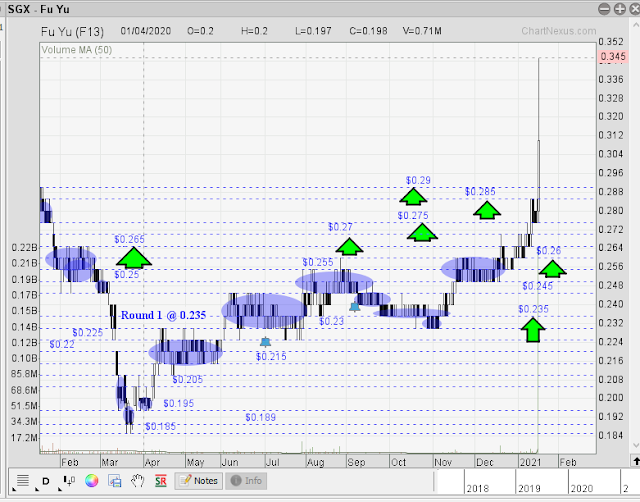Read? Reliable conglomerates in an unreliable world
WHAT must it be like to own a business that could do well under any economic condition? It could be a bit like running an ice cream stand that also sells umbrellas. It does not matter whether it is sunny or pouring with rain - the tills should keep ringing, regardless of weather conditions.
Owning shares in a conglomerate is a bit like being a shareholder of that canny ice-cream vendor. Conglomerates are made up of unrelated businesses in which they have stakes - and often quite significant stakes.
The key is that these separate subsidiaries should operate independently. That said, the parent company, often because of its considerable ownership in them, will probably want to have some input into how they are run.
There is something else that is appealing about conglomerates. They can access capital, even when market conditions might be unfavourable. A well-run conglomerate could, for instance, deploy cash generated from one part of the group to another that might be able to generate a better return.
To be able to deploy that cash, conglomerates must generate the cash in the first place. A useful way to assess this is to look at their free cash flow yield, which is a measure of the amount of available cash generated compared to the market size of the business.
This cash can be used to pay down debt, make share buybacks, and pay dividends. In theory, a conglomerate could pay all its free cash as dividends. But they do not.
The median free cash flow yield for conglomerates is a reassuring 9.4 per cent. The reason is because conglomerates tend to hold back capital investment, run down inventory, and enforce tighter cash collection procedures from their accounts receivable in a downturn.
These positive actions can help offset the reduction in earnings when times are tough. Reassuringly, the free cash flow yield is higher than the average dividend yield of 3.1 per cent. So, income seekers should be comforted knowing that dividend payouts are adequately covered by cash flow.
Show me the money
Speaking of dividends, conglomerates like to retain a significant proportion of their profits for internal use. The average retention ratio for conglomerates is around 60 per cent. Some do not even pay dividends.
What is interesting is that there appears to be a tacit correlation between return on equity and annual total return. Companies that have achieved a high return on equity tend to also deliver high total returns for shareholders.
From an investor's perspective, conglomerates could be an interesting way to achieve diversification through just one company. Income investors might want to focus on those conglomerates with a high retention ratio, plus a high return on equity too. Together the two ratios could combine to deliver faster dividend growth.
------------------------------------------------------------
Hmm ... Kep Corp and Sembcorp Ind for income investing over the past two decades and continue to generate reliable income?















































